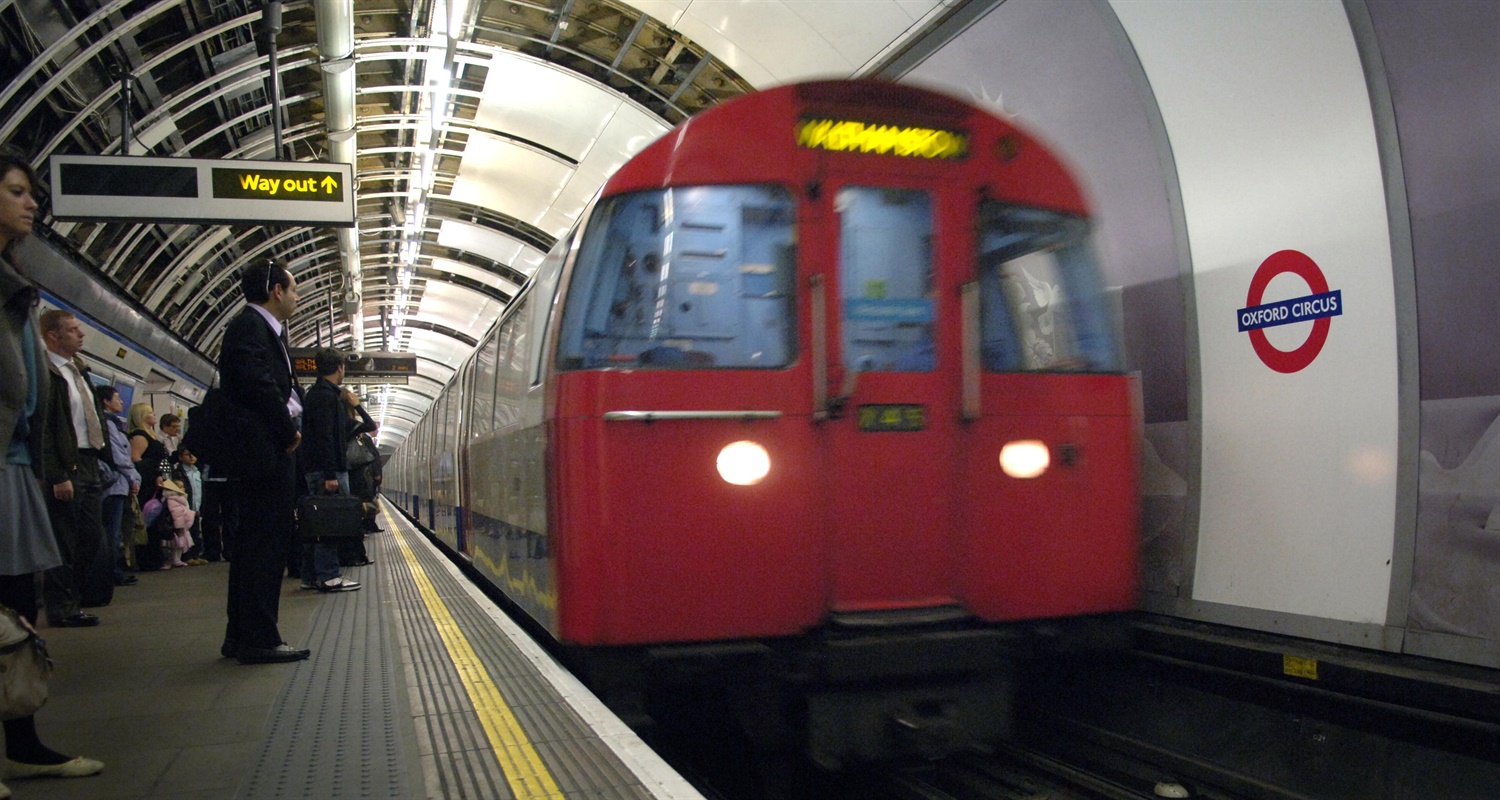London Underground on track to offer mobile phone coverage

Making mobile calls on the London Underground may soon become a reality if plans under consideration by London mayor Sadiq Khan and Transport for London (TfL) come to fruition.
City Hall stated that providing mobile coverage on the Underground is one of the mayor’s top priorities to upgrade connectivity throughout the capital. The Underground network consists of more than 100 miles of tunnels, making it the largest spot in London with no mobile reception, although Wi-Fi is currently available on most station platforms.
The proposed scheme would allow passengers on the Underground to browse the Internet or take and place mobile calls between stations for the first time.
A City Hall spokesperson said: “We are looking at how to improve connectivity across London, including on the Underground network. The mayor is keen to do more in terms of keeping Londoners connected even when they’re underground.”
TfL and the mayor are expected to ask for bids from telecoms companies after next week’s general election, but an implementation schedule for the scheme is still unknown. The installation of 4G antennas in the Underground’s tunnels will probably be involved in the scheme.
The metro systems in Berlin, New York, Paris, Seoul and Tokyo already offer similar systems for the convenience of their riders, but previous talks between TfL and the telecoms industry to launch mobile service on the Underground were not successful.
According to reports in the Financial Times, several companies are expected to compete for contracts to install the system, including Wireless Infrastructure Group, BAI Communications and possibly Arqiva.
BT might also take part in the bidding. The company has already participated in discussions with TfL in conjunction with the Emergency Services Network contract managed by EE. Airvana and Huawei, two equipment makers that are part of CommScope, have discussed installing their equipment on the Underground in the past.
TfL has not yet defined the structure of the proposed contract. It could provide a subsidy for building the network, which one communications specialist estimated could cost hundreds of millions of pounds, or it could enter into a cost-sharing agreement with a telecoms company.
A TfL spokesperson said: “We are keen to offer full mobile phone coverage for our customers. The introduction of this would need to be commercially viable and would follow engagement with staff and customers.”
The proposed scheme is part of a broader pledge by the mayor to improve London’s communications network and build its reputation as a high-tech city, and he has been promoting London Tech Week, which is expected to draw over 40,000 visitors from 12th to 16th June.
In a press release, the mayor said: “’Our talent, diversity, entrepreneurial spirit and global connections put us at the heart of digital technology. London Tech Week 2017 will be a fantastic opportunity to show that London is open to collaboration, innovation and ideas that could change the way that all Londoners live and experience the city.”
